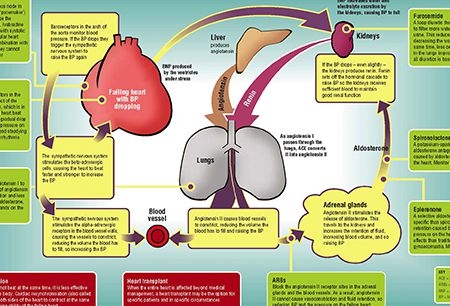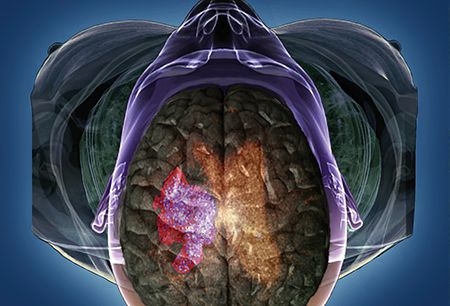For years dieters have been trying to avoid fat, and low-fat products have been promoted as the healthier option. But there is now a great deal of publicity around sugar and its toxic effects on our health, including claims that it is the ‘new tobacco’. The sweet white stuff is being blamed for the obesity epidemic and with it diseases such as diabetes and heart disease. So what is the evidence behind the hype, and what should we as health professionals be advising patients?
Obesity: The harsh reality and new solutions
Practice nurses are in the frontline of the fight against obesity, yet they face a moving target. Around 10 years ago, the ‘centre ground’ of the battle comprised patients with around 10 kg to lose; today, it is 20 kg. This has profound implications for weight management and a range of related conditions, but recent research is highlighting new solutions for this group of patients.
Why and when to test for potassium
The World Health Organization has recommended that everyone should be eating more foods that contain potassium, and we routinely measure this electrolyte as part of the standard U&Es blood test. But why is potassium important for our health, and why do we need to worry if a patient’s levels are too high or too low?
NICE Guidelines: A changing approach to atrial fibrillation
Atrial fibrillation (AF) is the commonest cardiac arrhythmia seen in primary care and, if left untreated, is a significant risk factor for stroke. New guidelines from the National Institute for Health and Care Excellence (NICE) include some practice-changing recommendations on diagnosing AF, the role of aspirin and the novel oral anticoagulants (NOACs), and shared decision-making to ensure patient-centred care.
Editorial
A few weeks ago I was out shopping, and bumped into Alan. On a very hot day, he was dressed up as ‘Artie Beat’ for a photo shoot outside a supermarket to promote fundraising for the British Heart Foundation. I was being nosey, as you might expect, and went over to see what was happening. When I congratulated Alan, he said: ‘I am only a cashier’. But no one is an ‘only’ when it comes to caring and making a difference. So thank you, Alan, and thank you, ASDA. I then started thinking about compassion on that large social scale and then about compassion from individuals.
Injection technique: Passing on best practice to patients
In the UK, an estimated 1 million people with diabetes use injectable therapies, and these patients are increasingly being managed in primary care. As a result, more primary care nurses are taking responsibility for the initiation and continuing management of injectable therapies, including advising on and reviewing an individual patient’s injection technique.
Back to Basics: Treatments for heart failure
A really useful reference for your practice, this handy Back to Basics tells you all you need to know about heart failure treatments.
Heart failure guidelines: Causing confusion in primary care
Chronic heart failure (CHF) continues to be a leading cause of death and readmission to hospital in the UK. Since the availability of specialist CHF services is variable, many patients rely on practice nurses to review their care. The National Institute for Health and Care Excellence (NICE) guidelines have proved very helpful, but are now a cause for confusion as new evidence changes the management of heart failure.
Using NOACs for stroke prevention in atrial fibrillation
Warfarin is highly effective in preventing strokes in people with atrial fibrillation (AF), but has its limitations. Only half of patients who could benefit actually receive warfarin, resulting in an estimated 7000 avoidable strokes each year.
Editorial
I was listening to the radio the other morning as the news was breaking that polyunsaturated fats seem to be no better for your heart than good old butter. My friend Mike Knapton from the British Heart Foundation was interviewed and in his radio clip he said: “Choose something for taste and texture!” Now I would bet my life savings, if I had any, that he was edited, and that he would have gone on to advise moderation in all things and that it is important to reduce the amount of fat in the diet.
Let’s talk about sex to men with diabetes
Erectile dysfunction (ED) is three to four times more common in men with diabetes, and 20% have the condition at diagnosis. ED is a marker for heart disease, and men themselves value the opportunity to discuss their sexual problems with a health professional. The annual diabetes review offers the opportunity to identify and treat these men. Some practice nurses may find this task daunting, but treatment of ED can help to improve a man’s wellbeing and reduce his cardiovascular risk.
JBS3: A ‘heart age’ approach to cardiovascular risk
The long-awaited Joint British Societies’ consensus recommendations for the prevention of cardiovascular disease (JBS3) were issued at the end of March.

























